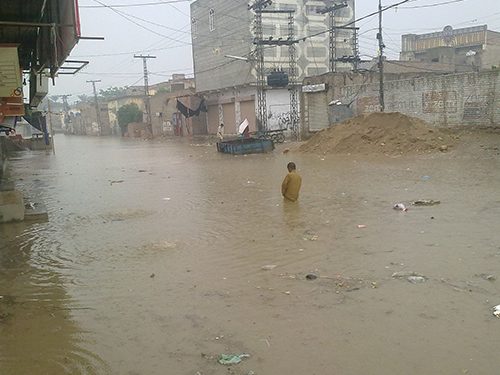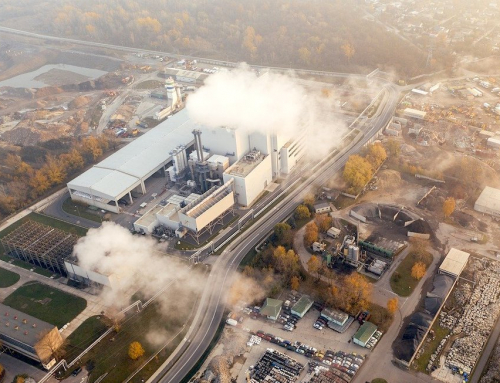By Barney Smith
The second week of COP 26 and its conclusion were no worse than we had expected, though that hardly commends the outcome. It seems that no country, (not even the host nation) was prepared to go the extra mile “for the planet”. But one might ask how important the future of the planet would be in a democratic election, let alone an autocracy?
Clearly the climate warriors were not happy with the result. But then, one could argue that there is a confusion of categories here. By comparison with the enormity of the task facing the world, any outcome would seem grossly inadequate. So would those concerned about the future of the Earth have seen in a positive light any conclusion which was realistically likely to be agreed by all the 197 countries participating in COP 26? Probably not.
For example, the final text could, and arguably should, have contained more unambiguous language on coal-fired power stations. But as a result of the last-minute insistence of the Indians and the Chinese, the assembled delegates had to be content with an agreed commitment to “accelerate efforts towards the phase-down of unabated coal power”, rather than to simply phase out coal and“inefficient fossil fuel subsidies”.
But those who would prefer to see the glass as half-full rather than as half-empty emphasise that this is the first time that language on coal has been included in any COP agreement, which they say is significant. In truth, much will inevitably depend on how seriously the commitment is taken in the future. But it shows, yet again, that, in the absence of coercion, it can be almost impossible to secure agreement to an idea deeply opposed by a major state. (A view only reinforced by the failure of the US and the EU to get China, Russia and India to join more than 100 countries in pressing for action on methane emissions.)

As if trying to tell us something Climate Change protesters faced flooding in Glasgow on the eve of COP26l summit
When the dust has settled, it may be that the most solid of the modest achievements of COP 26 was somewhat too technical to be adequately publicised. For the conference had to complete the negotiations on the so-called Paris Agreement Rulebook, which fixes the transparency and reporting requirements for all Parties to track progress against their emission reduction targets. The Rulebook also includes the Article 6 mechanisms, which set out the functioning of international carbon markets to support further global cooperation on emission reductions. Agreement, which has now been reached on this, counts as a solid advance.
Now that COP 26 has ended, there are really only two questions worth asking: the first is “Was the conference a success?” The second is “How far did the British chairmanship influence the final result?”
Leaving aside the very real demands of climate change, I thought that, overall, the achievements of COP 26 were modestly positive, but no more than that. Not enough definite was agreed, though there were agreed exhortations a-plenty. For example, on climate finance, developed countries are to double their share of adaptation finance within the annual target for 2021-2025, and to reach that target as soon as possible. They are also committed to agree on long-term climate finance beyond 2025.
As to whether the UK presidency made a difference, I don’t suppose Boris was needed to tell the assembled delegates that history would never forgive them if they failed, nor did they need him to break off in mid-conference to take a plane to attend a private dinner in London. On the other hand Ashok Sharma, the Cabinet Minister responsible, was successful in negotiating a text agreed by all participants. So a mixed picture.
.





